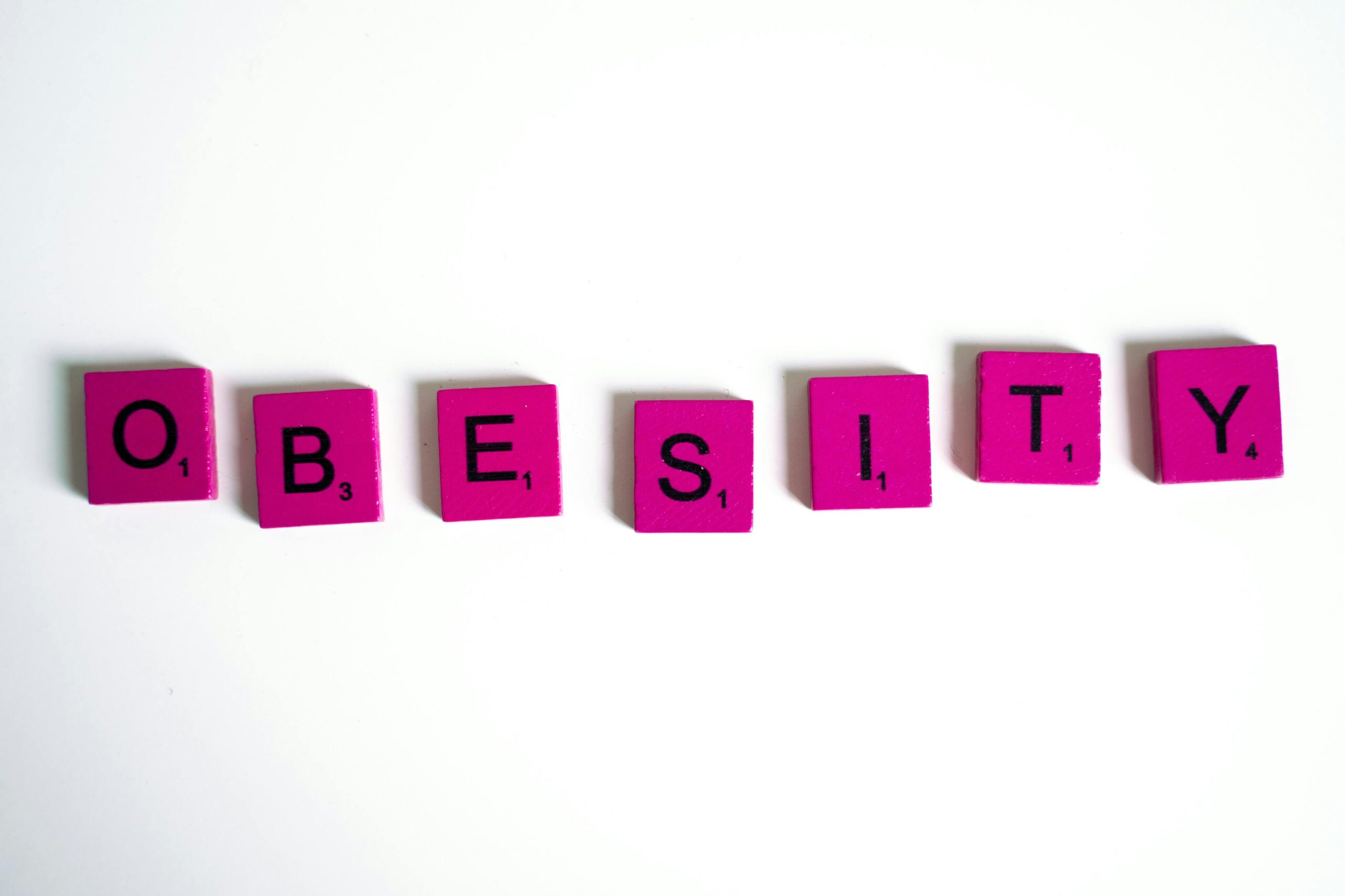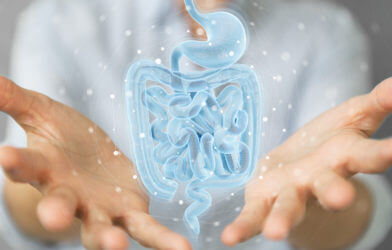
mental health


Your Comfort Food May Be Wiring Your Brain for Chronic Anxiety, New Study RevealsSeptember 26, 2025

Is Your Gut Secretly Fueling Your Anxiety?August 22, 2025

Feeling Stressed? New Research Points to Your Gut’s Daily RhythmJuly 17, 2025

Is Your Gut Secretly Fueling Your Anxiety? New Science Says YesJune 17, 2025

Not Just Physical: Scientists Uncover How Weight Impacts Mental Health and LearningJune 2, 2025

Individual gut microbiome could dictate personalized, more effective depression treatmentsSeptember 12, 2022

Stress plays a key role in your gut health. Here are 3 easy ways to counteract daily stressorsAugust 23, 2022

Probiotics for depression? Scientists say improved gut health helps keep the blues at bayJune 17, 2022
